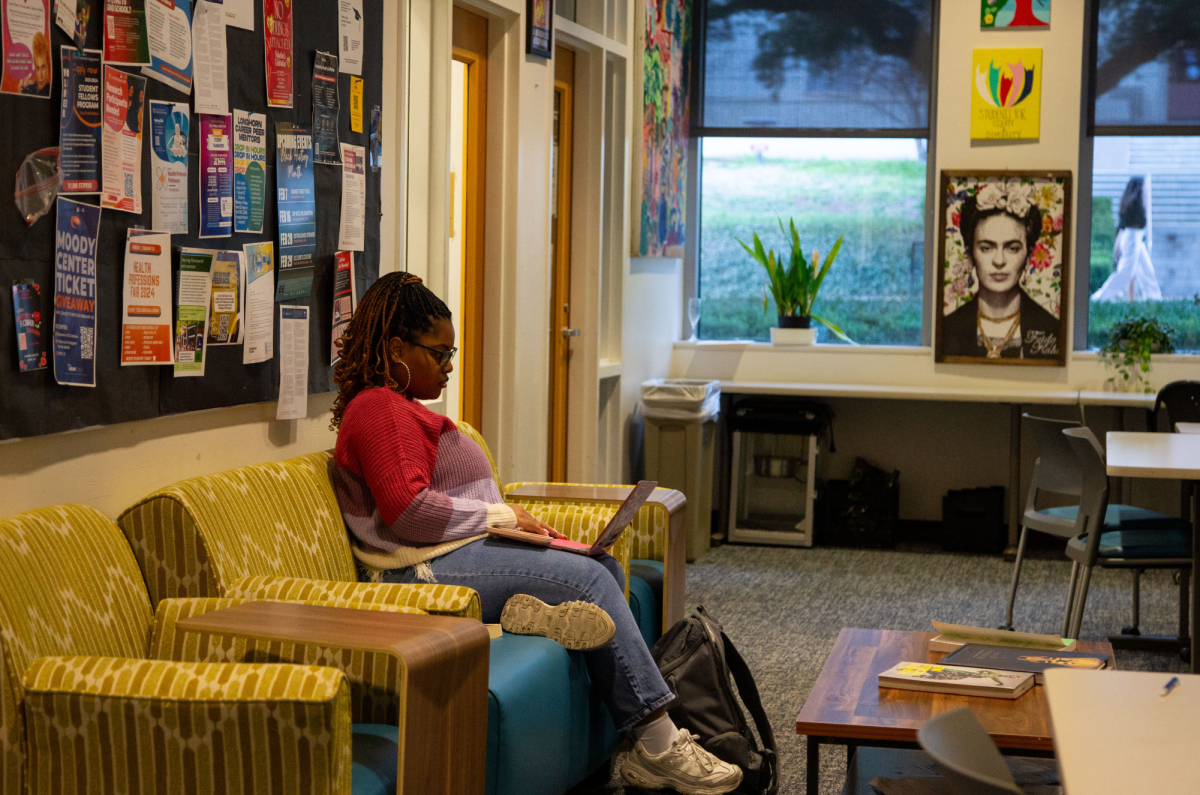Cortisol — a hormone usually associated with stress – plays an essential role in the science of attraction, said Timothy Loving, UT school of human ecology professor.
According to his study, individuals in passionate relationships experience elevated levels of cortisol when recalling memories of their partner. Cortisol levels were highest among individuals who placed a high value on relationships.
Loving said cortisol is a metabolic hormone that redistributes resources in times of stress — it can lead to sickness because it suppresses the immune system.
“We care when cortisol levels are elevated over time because it can undermine our health,” Loving said.
English junior Giancarlo Besa said dealing with the stress of a relationship is challenging, but it is not a dissuading factor.
“Solely based off the stress, it’s not worth it,” Besa said. “But if the person is special enough, then nothing else in the world is worth more.”
Loving said his research focuses on cortisol and attraction.
“A lot of the times we see increased levels of cortisol that are associated with good things,” Loving said. “We can see increases in this stress hormone even when people are experiencing very positive things in their lives. My job is to figure out what that means.”
Loving said the metabolic effects of cortisol could play a role in euphoria and emotional dependency.
“When you have physiological arousal, then this tends to drive you to connect with [your partner] more,” Loving said.
Cortisol levels decrease when the research participants were asked to imagine a friend of the opposite sex, Loving said.
“If you distract somebody from thinking about their relationship, then you don’t see those types of effects,” Loving said.
Loving said these findings were based on a sample of women. He is currently working on a study that incorporates data from both sexes, but the applicability of this study to men is still undetermined — on average, he said women value relationships more.
“Women are taught and socialized to be very focused on their relationships,” Loving said. “Men are socialized to engage in competitive group play, whereas women are socialized to engage in one-on-one play. So you can see how that would compound over time to make someone’s identity more tied to that.”
Math junior Carina Mata said relationships are valued by both sexes.
“You can learn a lot about yourself,” Mata said. “And you can impact someone’s life positively.”





















